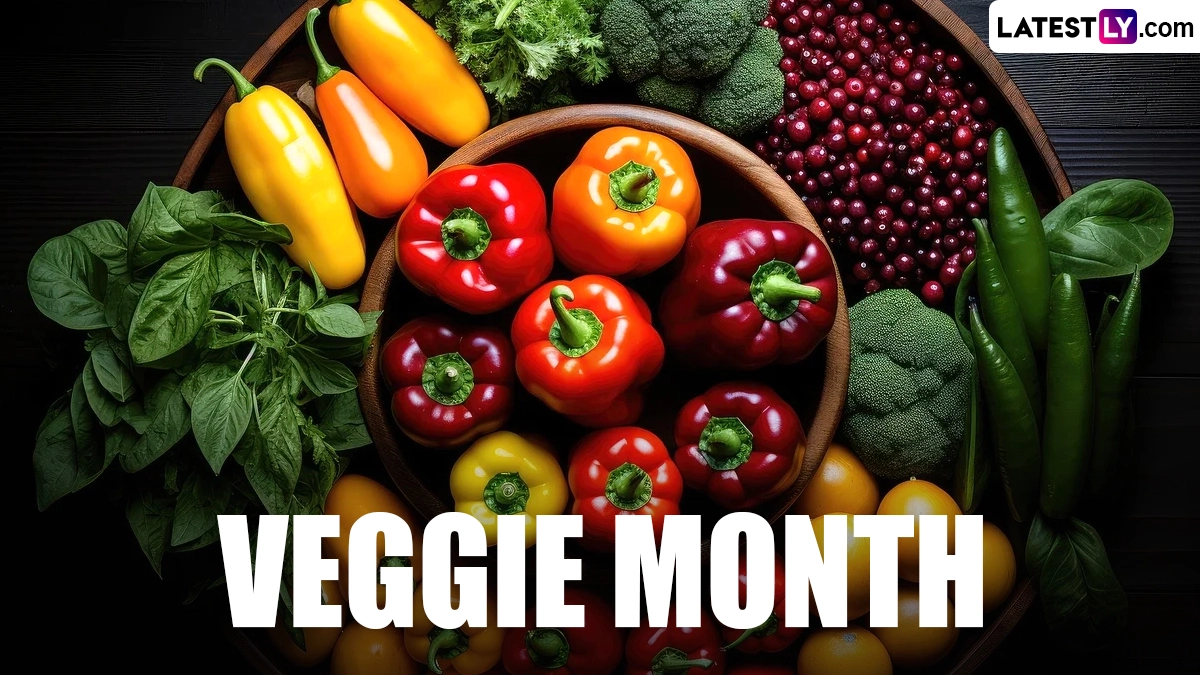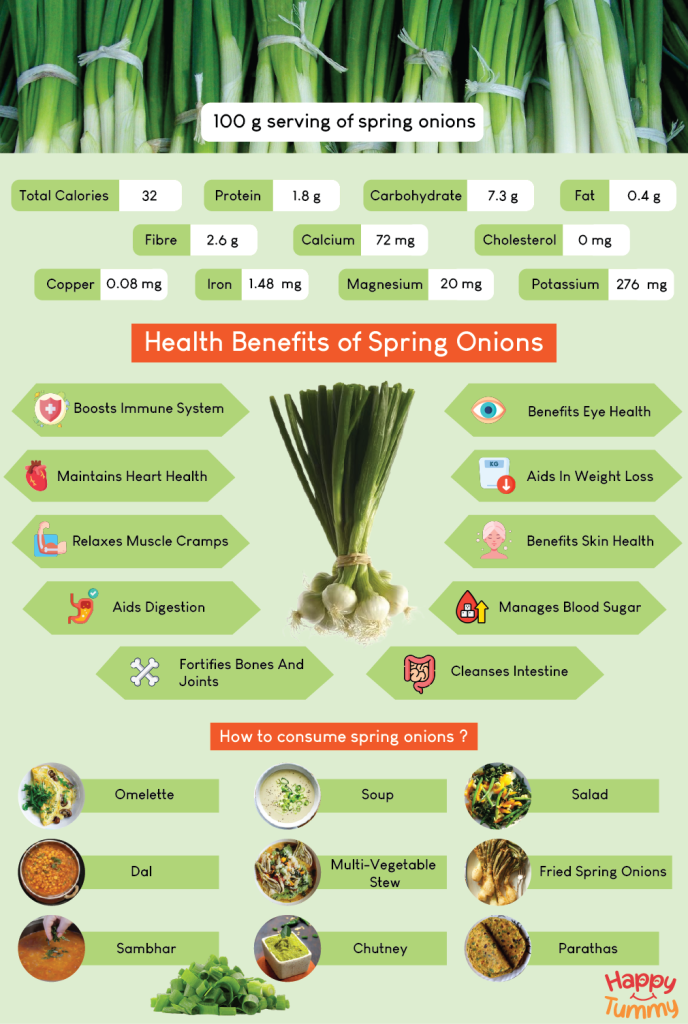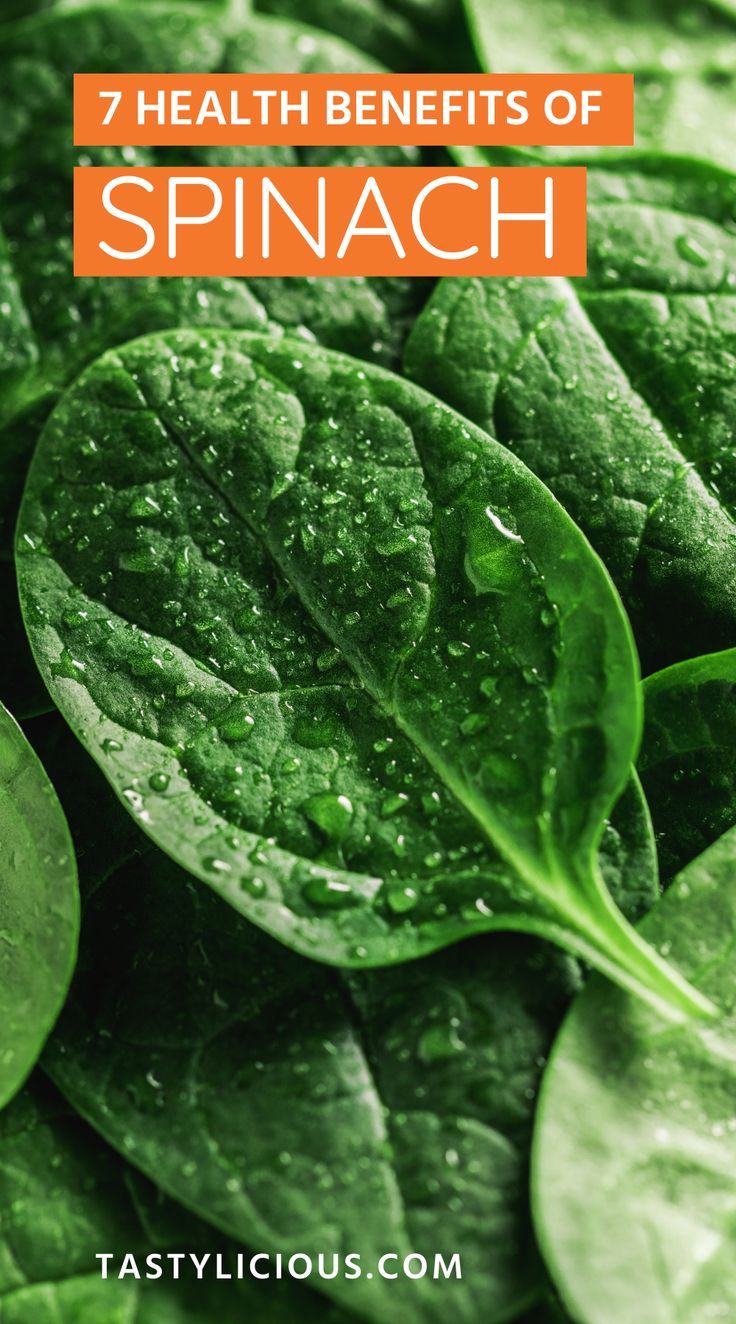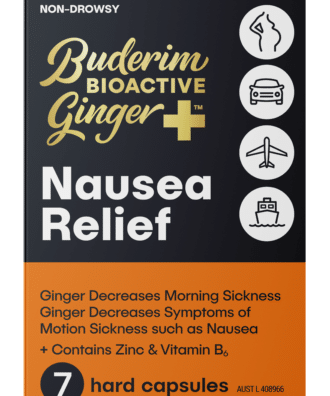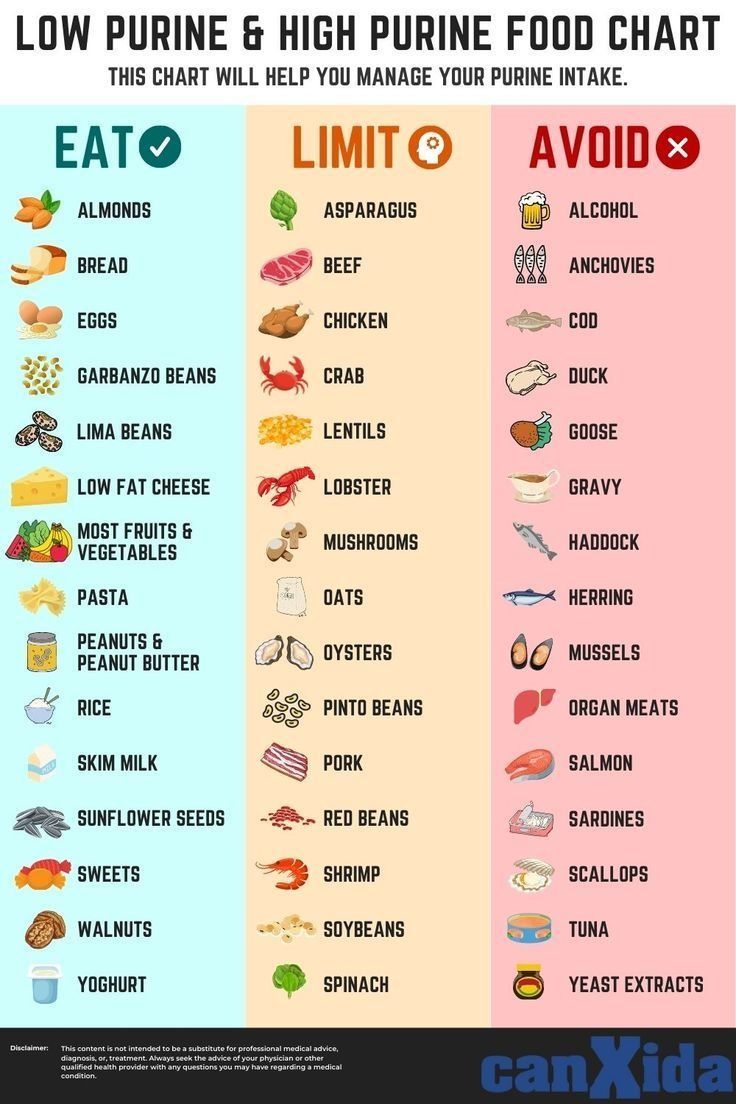Stop Missing Out! The Shocking Benefits of This Simple Spring Veggie
The world, in its tireless rotation, brings forth seasons, and with them, a bounty of nature’s most exquisite gifts. Yet, in our haste and modern convenience, we often overlook the profound magic unfolding right before our eyes. We reach for the familiar, the year-round staple, and in doing so, we unwittingly let slip opportunities for vibrant health, unparalleled flavor, and a deep connection to the rhythm of the earth. This is a story about one such overlooked treasure, a harbinger of spring, a simple green spear that holds within its slender form a universe of "shocking" benefits that most of us are truly missing out on.
Imagine the gentle thawing of winter’s embrace, the first tentative green shoots pushing through the softened soil, reaching for the sun’s strengthening rays. This is the moment when Asparagus officinalis makes its triumphant return. It’s not just a vegetable; it’s a celebration, a herald of renewal, and as we will discover, a potent elixir for well-being that has captivated civilizations for millennia. For the knowledgeable palate and the discerning mind, understanding asparagus isn’t just about cooking it; it’s about appreciating its journey, its intricate biochemistry, and its unparalleled contribution to our health.
A Journey Through Time: Asparagus, From Pharaohs to Feasts
The story of asparagus is as rich and layered as its flavor. Its lineage stretches back over 2,000 years, tracing its roots to the Mediterranean region, where it grew wild. Ancient Egyptians, recognizing its distinctive shape and perhaps its perceived potency, depicted it in hieroglyphs as an offering to the gods. The Greeks, too, were enamored, using it not only for food but also for its purported medicinal properties, especially as an aphrodisiac and a remedy for various ailments. The name "asparagus" itself is derived from the Greek word "asparagos," meaning "sprout" or "shoot."
But it was the Romans, those prodigious gourmands and agricultural innovators, who truly elevated asparagus to a culinary art form. Emperor Augustus, famously fond of the delicate spears, coined the phrase "faster than cooking asparagus" to describe something done quickly – a testament to its widespread use and rapid preparation. They cultivated it extensively, developing methods for drying it for winter consumption and even building specialized boats to transport it fresh from the fields to Rome’s bustling markets. The Roman cookbook, Apicius, dating back to the 4th century AD, contains one of the earliest known recipes for asparagus, a testament to its enduring appeal.
Following the fall of the Roman Empire, asparagus cultivation waned in Europe, only to be rediscovered with gusto during the Renaissance. France, under the patronage of King Louis XIV – who adored it so much he had special greenhouses built to grow it year-round – became a hub for its cultivation, solidifying its reputation as a luxury vegetable, a delicacy reserved for royalty and the aristocracy. It arrived in North America with early European settlers, finding fertile ground and becoming a beloved fixture in spring diets.
This long, storied history isn’t just a quaint anecdote; it underscores the enduring value and perceived benefits of asparagus across diverse cultures and eras. It wasn’t merely sustenance; it was revered, cherished, and sought after, not just for its taste, but for an intuitive understanding of its contribution to vitality. Today, modern science is rapidly catching up to what ancient civilizations seemed to know instinctively.
The Spring Awakening: Why Seasonality Matters
Before diving into the "shocking benefits," it’s crucial to appreciate why asparagus is a spring vegetable and why its seasonality is paramount. Asparagus is a perennial plant, meaning its roots live for many years, sending up new shoots each spring. The first spears, often the thickest and most tender, emerge when the soil warms after winter. This annual cycle is not just about agricultural timing; it’s about peak nutrition and flavor.
When you eat asparagus in spring, especially locally sourced, you’re consuming it at its freshest point. The sugars haven’t had time to convert to starches, its vibrant green color is intense, and its delicate, slightly earthy, slightly sweet flavor is at its zenith. More importantly, its nutrient profile is optimal. Longer transport times, refrigeration, and out-of-season cultivation can diminish both its taste and its potent health compounds. Embracing asparagus in its true season means maximizing its benefits – a fundamental principle often overlooked in our globalized food system.
The Unveiling: Shocking Nutritional Powerhouse
Beneath the unassuming green exterior of an asparagus spear lies an extraordinary complex of nutrients, vitamins, minerals, antioxidants, and unique phytochemicals. For a vegetable so simple in appearance, its biochemical complexity is truly astounding, positioning it as far more than just a side dish.
Let’s delve into the specifics, peeling back the layers of this green marvel:
-
Vitamin K: The Bone Builder and Blood Clot Regulator (Beyond the Obvious)
Asparagus is an exceptional source of Vitamin K, with a single serving providing well over the recommended daily intake. While widely known for its role in blood clotting (K for koagulation), its "shocking" benefit lies in its profound impact on bone health. Vitamin K is crucial for the synthesis of osteocalcin, a protein that helps incorporate calcium into your bones, thereby improving bone density and reducing the risk of fractures. It also plays a role in preventing arterial calcification, supporting cardiovascular health in a less recognized way. -
Folate (Vitamin B9): The Cellular Architect and Mood Stabilizer
Another standout nutrient in asparagus is folate. This B-vitamin is absolutely critical for DNA synthesis and repair, making it essential for rapid cell growth and division – especially important during pregnancy to prevent neural tube defects. But its benefits extend far beyond. Folate is a key player in the production of neurotransmitters like serotonin, dopamine, and norepinephrine, which regulate mood, sleep, and appetite. Low folate levels have been linked to depression and cognitive decline, making asparagus a surprising ally for mental well-being and brain health. Its role in homocysteine metabolism also contributes to heart health, as elevated homocysteine levels are a risk factor for cardiovascular disease. -
Vitamins A, C, and E: The Antioxidant Trinity and Immune Boosters
Asparagus boasts a significant amount of Vitamin A (in the form of beta-carotene), Vitamin C, and Vitamin E. This trio forms a formidable antioxidant defense system.- Vitamin A: Essential for vision, immune function, and skin health.
- Vitamin C: A powerful water-soluble antioxidant, vital for collagen production (for skin, joints, and blood vessels), and a crucial immune system booster.
- Vitamin E: A fat-soluble antioxidant that protects cell membranes from oxidative damage, particularly important for skin health and reducing inflammation.
Together, these vitamins work synergistically to combat free radicals, reduce oxidative stress, and bolster the body’s natural defenses against chronic diseases.
-
A Spectrum of B Vitamins: Energy Production and Nerve Health
Beyond folate, asparagus provides a good array of other B vitamins, including B1 (thiamine), B2 (riboflavin), B3 (niacin), and B6 (pyridoxine). These B vitamins are collectively crucial for converting food into energy, supporting nerve function, maintaining healthy skin, and aiding in the formation of red blood cells. Their presence makes asparagus a true vitality enhancer, helping to keep your metabolic engine running smoothly. -
Potassium: The Electrolyte Balance Master and Blood Pressure Regulator
Asparagus is rich in potassium, an essential electrolyte vital for maintaining fluid balance, nerve signals, and muscle contractions. A diet rich in potassium can help counteract the effects of sodium, contributing to healthy blood pressure levels and reducing the risk of stroke and heart disease. Its presence in asparagus underscores its role in overall cardiovascular wellness. -
Minerals: Iron, Zinc, Selenium, Manganese
While not in massive quantities, asparagus contributes valuable trace minerals:- Iron: Essential for oxygen transport and preventing anemia.
- Zinc: Crucial for immune function, wound healing, and DNA synthesis.
- Selenium: A potent antioxidant, important for thyroid function and immune health.
- Manganese: Involved in bone formation, metabolism, and antioxidant defense.
The "Shocking" Phytochemical Arsenal: Beyond Vitamins and Minerals
Here’s where the true "shocking benefits" reveal themselves, moving beyond the standard nutritional labels into the realm of unique plant compounds that offer extraordinary therapeutic potential.
-
Glutathione: The Master Antioxidant and Detoxifier (The Unsung Hero)
Perhaps one of the most astonishing components of asparagus is its exceptionally high concentration of glutathione. Often dubbed the "master antioxidant" of the body, glutathione is a powerful tripeptide composed of three amino acids (cysteine, glutamic acid, and glycine). Its roles are manifold and critical:- Detoxification: Glutathione plays a central role in the liver’s detoxification pathways, helping to neutralize and eliminate harmful toxins, heavy metals, and carcinogens from the body.
- Immune Support: It is vital for immune cell function and helps protect against microbial infections.
- Cellular Protection: It directly neutralizes free radicals, protecting cells, DNA, and mitochondria from oxidative damage.
- Regenerates Other Antioxidants: Glutathione helps regenerate other antioxidants like Vitamin C and E, extending their protective effects.
Finding a vegetable so rich in this foundational antioxidant is rare and positions asparagus as a top-tier food for cellular health and detoxification – a benefit often overlooked in dietary recommendations.
-
Inulin: The Prebiotic Powerhouse for Gut Health
Asparagus is an excellent source of dietary fiber, particularly a type of soluble fiber called inulin. This is where the "shocking" benefits for gut health come in. Inulin is a powerful prebiotic, meaning it’s not digested by our own enzymes but travels intact to the large intestine, where it acts as a preferred food source for beneficial gut bacteria, such as Bifidobacteria and Lactobacilli.- Feeds the Microbiome: By nourishing these good bacteria, inulin helps them thrive, crowding out pathogenic bacteria and maintaining a healthy balance in the gut microbiome.
- Improves Digestion: A healthy microbiome contributes to better digestion, nutrient absorption, and regularity.
- Boosts Immunity: A significant portion of our immune system resides in the gut, and a balanced microbiome is crucial for robust immunity.
- Reduces Inflammation: Beneficial gut bacteria produce short-chain fatty acids (SCFAs) like butyrate, which have potent anti-inflammatory effects throughout the body.
- Supports Mental Health: The gut-brain axis is a rapidly expanding field of research, and a healthy gut microbiome has been linked to improved mood and reduced anxiety and depression.
Given the widespread issues with gut health in modern society, asparagus’s role as a potent prebiotic makes it an incredibly valuable food for foundational well-being.
-
Rutin, Quercetin, and Kaempferol: The Flavonoid Force
Asparagus is rich in various flavonoids, powerful plant compounds known for their antioxidant and anti-inflammatory properties:- Rutin: Has been shown to strengthen capillaries, improve blood circulation, and exhibit anti-inflammatory and anti-allergic effects.
- Quercetin: A well-researched flavonoid with strong anti-inflammatory, antihistamine, and antiviral properties. It’s also being studied for its potential anti-cancer effects.
- Kaempferol: Another potent antioxidant and anti-inflammatory compound that has shown promise in preventing chronic diseases, including certain cancers.
These flavonoids work synergistically to protect cells from damage, reduce systemic inflammation, and support cardiovascular health. The presence of anthocyanins in purple asparagus further boosts its antioxidant capacity.
-
Asparagine: The Amino Acid and Diuretic Effect
Asparagine is a unique amino acid that asparagus gets its name from. It plays a role in nerve function and metabolism. It is also believed to contribute to asparagus’s mild diuretic effect, helping the body flush out excess fluids and potentially contributing to kidney health. This diuretic action, coupled with its potassium content, makes it beneficial for fluid balance.
Deeper Dives: Specific Health Advantages
Beyond the individual components, the synergistic action of all these compounds in asparagus translates into a host of specific, often "shocking," health benefits:
-
Anti-Inflammatory Powerhouse: Chronic inflammation is at the root of many modern diseases, from heart disease to autoimmune conditions. The rich array of antioxidants (glutathione, vitamins C and E, flavonoids) and anti-inflammatory compounds in asparagus actively works to quell inflammation throughout the body, offering protection and relief.
-
Cardiovascular Guardian: Folate, potassium, and its anti-inflammatory properties make asparagus a champion for heart health. Folate helps manage homocysteine levels, potassium balances sodium for blood pressure regulation, and antioxidants protect blood vessels from oxidative damage, all contributing to a healthier cardiovascular system.
-
Blood Sugar Regulation: The fiber content in asparagus (both soluble and insoluble) helps slow down glucose absorption, preventing rapid spikes in blood sugar. Furthermore, some research suggests that compounds in asparagus may help improve insulin sensitivity, making it a valuable addition to the diet for those managing diabetes or seeking to prevent it.
-
Anti-Cancer Potential: This is perhaps one of the most exciting and "shocking" areas of research. The high levels of glutathione, alongside various flavonoids and saponins, contribute to asparagus’s potential anti-cancer properties. Glutathione helps detoxify carcinogens, while other compounds may inhibit cancer cell growth, induce apoptosis (programmed cell death), and prevent metastasis. While more human studies are needed, the mechanistic evidence is compelling.
-
Cognitive Enhancement and Brain Health: The folate in asparagus is crucial for neurotransmitter synthesis and protecting against cognitive decline. Additionally, the broad spectrum of antioxidants helps protect brain cells from oxidative stress, which is implicated in neurodegenerative diseases. Regular consumption may support memory, focus, and overall brain function.
-
Weight Management Ally: With its high water content, significant fiber, and low calorie count (just 20 calories per cup!), asparagus is an excellent food for weight management. The fiber promotes satiety, helping you feel full for longer, and its nutrient density ensures you’re getting vital nutrients without excess calories.
-
Skin and Eye Health: Vitamins A, C, and E are cornerstones of healthy skin, protecting against UV damage, promoting collagen production, and maintaining skin elasticity. Vitamin A (beta-carotene) is also essential for good vision, especially in low light conditions, and helps prevent age-related macular degeneration.
The Asparagus Pee Phenomenon: A Scientific Digression
No discussion of asparagus would be complete without addressing its most infamous, albeit harmless, side effect: the distinct odor it imparts to urine. This phenomenon, which has puzzled and amused people for centuries, is a prime example of the intricate biochemistry at play.
The culprit is a group of sulfur-containing compounds, primarily asparagusic acid and its derivatives. When these compounds are digested, they are rapidly broken down into volatile sulfur compounds like methanethiol and dimethyl sulfide, which are then excreted through the kidneys. These compounds are highly pungent, even in tiny concentrations, and are responsible for the characteristic smell.
What’s truly fascinating is that not everyone experiences this odor. Studies suggest that approximately 25% of the population lacks the specific enzyme required to metabolize asparagusic acid into these odorous compounds. Even more surprisingly, a different genetic variation may determine whether a person can smell the compounds, regardless of whether their body produces them. This means you could be a producer but not a smeller, or vice versa, or both!
This unique biochemical interaction, while seemingly trivial, highlights the incredible diversity of human genetics and metabolism, making asparagus a truly singular vegetable. It’s a harmless quirk, a small price to pay for the cornucopia of health benefits it offers.
Stop Missing Out: Embracing Asparagus in Your Life
Armed with this knowledge, the call to "Stop Missing Out!" becomes even more urgent. Asparagus is not just a fancy garnish or a seasonal treat; it’s a powerful ally in your pursuit of optimal health. Its "shocking" benefits, from its master antioxidant glutathione to its prebiotic inulin and its anti-inflammatory flavonoids, make it a true superfood in the most profound sense.
How to Choose, Store, and Prepare for Maximum Benefit:
- Selection: Look for firm, bright green spears with tightly closed, compact tips. Avoid wilted or rubbery spears. Thinner spears tend to be more tender, but thicker spears are often juicier and have more flavor.
- Storage: Store upright in a glass with about an inch of water, covering the tips loosely with a plastic bag, in the refrigerator. This keeps them hydrated and fresh for up to a week.
- Preparation: Simple is often best to preserve nutrients and flavor.
- Trim: Snap off the woody ends; they’ll naturally break at the tender point.
- Roast: Toss with olive oil, salt, and pepper and roast at 400°F (200°C) for 10-15 minutes until tender-crisp. This method enhances its natural sweetness.
- Steam: Steam for 3-5 minutes until bright green and tender.
- Grill: A quick grill gives it a lovely smoky flavor.
- Sauté: Lightly sauté in a pan with garlic and a splash of lemon juice.
- Raw: Don’t shy away from shaved raw asparagus in salads for a refreshing crunch and maximum nutrient retention.
Integrate asparagus into your spring diet with intention. Make it a centerpiece, not just a side. Add it to omelets, stir-fries, pasta dishes, risottos, or simply enjoy it as a vibrant, standalone vegetable. Pair it with healthy fats like olive oil to enhance the absorption of fat-soluble vitamins (A, E, K).
Conclusion: The Green Spear of Renewal
The simple spring veggie we call asparagus is anything but simple. It is a testament to nature’s profound wisdom, packed with an array of nutrients, antioxidants, and unique compounds that collectively offer "shocking" benefits for every system of the body – from your gut and brain to your bones and heart. It stands as a powerful detoxifier, an anti-inflammatory agent, a gut health champion, and a potential shield against chronic disease.
Its history is one of reverence, its science one of revelation, and its taste, a pure, unadulterated essence of spring. To bypass asparagus during its peak season is to truly miss out on one of nature’s most potent and delicious elixirs. So, as the days lengthen and the world awakens, embrace this green spear of renewal. Savor its flavor, appreciate its heritage, and revel in the astonishing benefits it brings. Make asparagus not just a part of your diet, but a conscious, joyful celebration of health, seasonality, and the remarkable power of simple, natural food. Stop missing out, and let this ancient, yet utterly modern, superfood revitalize you from the inside out.
